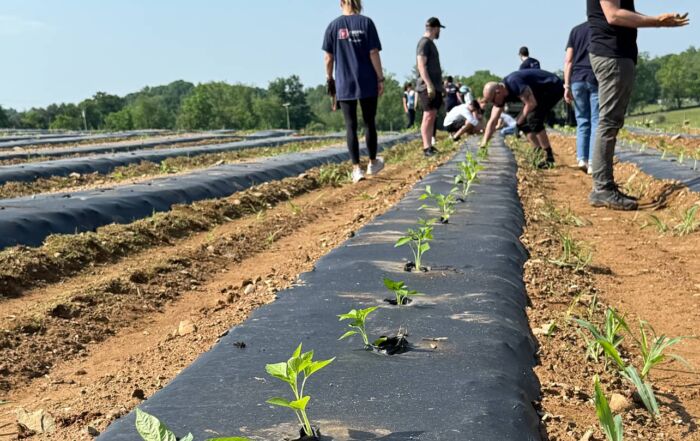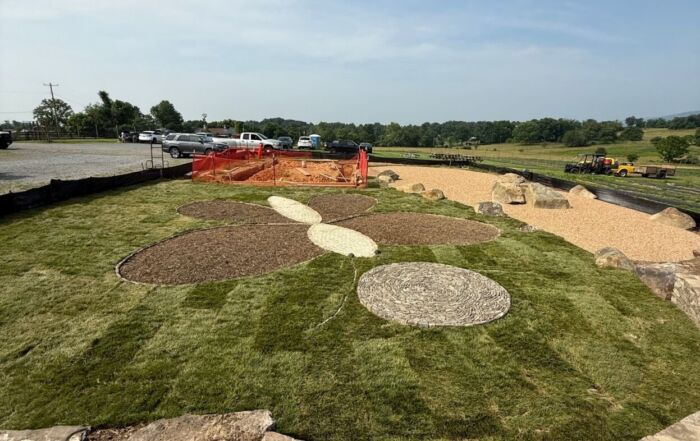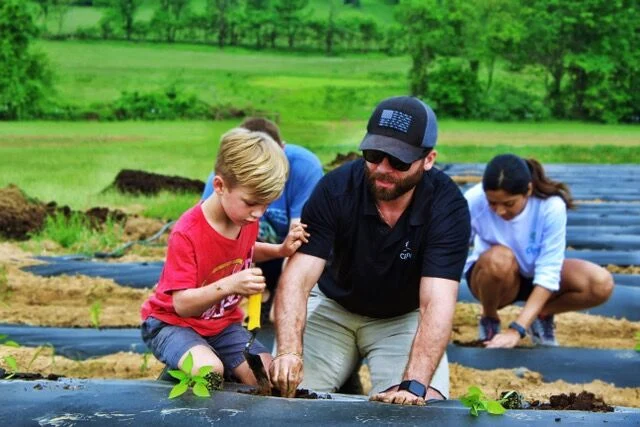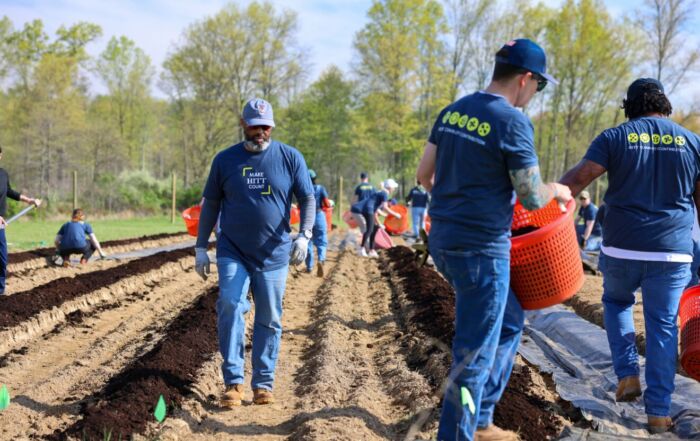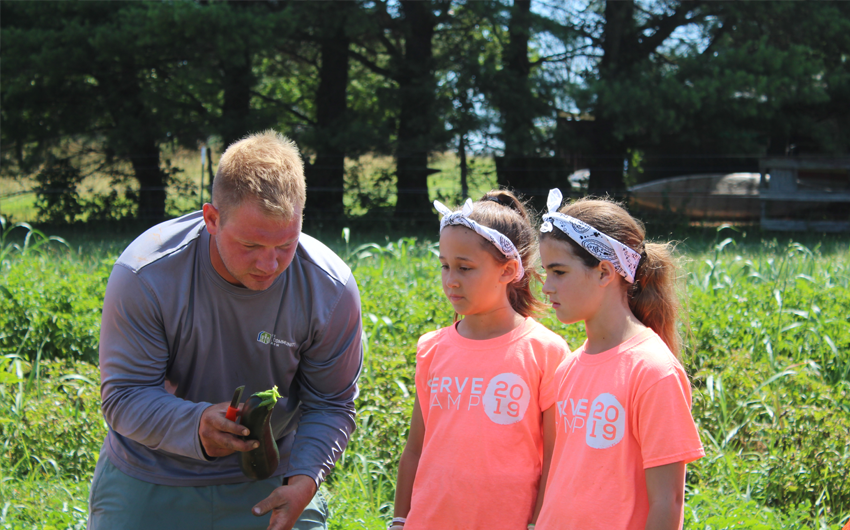
October 8, 2020
If you’ve ever wondered, “What is service learning, and why should my student be doing it?” I understand—you have probably heard it’s beneficial, but maybe your school has yet to implement it. First, let me tell you this: we recognize that every student has different learning styles. Personally, I loved reading, being in class, and taking notes…it was peaceful. But in college, I had a professor who was a big believer in service learning. I thought, “what in the world is service learning?” I had volunteered before, and It’s no secret that giving to others makes you feel good, it makes you feel whole. If you have ever done something thoughtful for someone else, volunteered to help the less fortunate, or donated money to a good cause, you likely know that to be true. But how do you connect education and service, and why is it beneficial?
Service learning is a teaching and learning strategy that integrates meaningful community service with instruction and reflection to enrich the learning experience, strengthen communities, and encourage civic responsibility.
After gaining a better grasp of the concept of service learning, I was hesitant. As a self- diagnosed introvert, quietly taking notes in a large university classroom was the perfect learning environment for me. Our professor encouraged groups of students to interact, and to find a community partnership to serve. It was my worst nightmare. Service learning forces you to take risks and step outside of your comfort zone. After some distress, I found a local community farm, and set out to endure the remainder of the semester. By the end of the semester, I had a deeper understanding of myself and my passions. I was also a big believer in service learning.
The most important features of service learning are that students gain knowledge of a topic in the classroom and apply said knowledge to community settings with time specifically allocated to reflection throughout the learning process. It is a form of education that connects experiences to academic subjects. It helps develop civic engagement skills, teaches important job skills, and provides experience. This is a learning strategy that I truly believe can benefit all types of students, and one we are incredibly excited to have implemented at the JK Community Farm.
As students, and classes of all ages join us at the JK Community Farm, it is important to us that the students are experiencing more than the act of volunteering (we will address the seemingly infinite benefits of volunteering another time). We wish to see students gaining a better understanding of where food comes from, how it reaches your plate, the importance of eating organic, and chemical free. Along with applying equal focus to both learning and service, it is important for students to also gain a greater understanding of who they are helping and why.
We want to teach a younger generation that they can be agents of social change and meet genuine community needs. We want students to realize that as an individual, they can help end food insecurity and promote food justice. That whatever their passion may be, they can make an impact in the lives of others. With service learning students will have a strengthened understanding of human commonality, while gaining a better understanding of course content.
As another plus, (like you needed it!), employers love it! The JK Community Farm encourages you and your school systems to consider the benefits of service learning.

